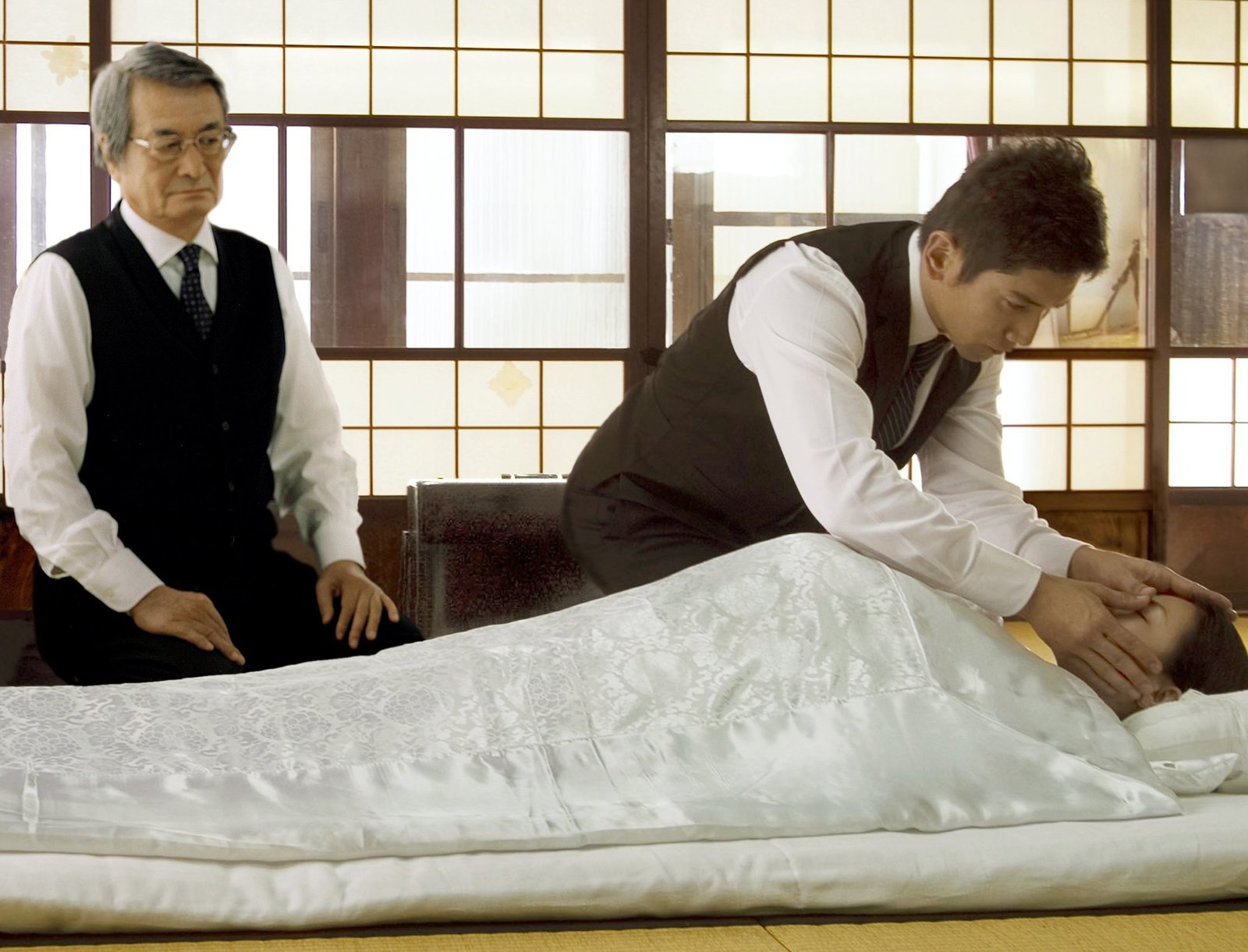How Japanese Movies Portray Traditional Culture
- By -Maria Mash
- Posted on
- Posted in Japanese Movies
Japanese movies offer a unique window into the country’s rich culture and evolving society. Filmmakers often blend elements of traditional culture with modern themes, creating stories that reflect Japan’s complex identity. This blend allows audiences to see how Japan balances its deep-rooted traditions with the challenges of contemporary life. Let’s explore how Japanese movies portray traditional culture and modern society.
1. Emphasis on Traditional Values
Many Japanese movies emphasize traditional values such as family, respect, and harmony. Directors often highlight these themes through stories set in rural villages or historical periods. Films like “Departures” showcase the importance of family and rituals, reflecting Japan’s deep respect for tradition. Even in modern settings, these movies remind audiences of the enduring influence of traditional values.

2. Depiction of Japanese Festivals and Rituals
Japanese movies often feature traditional festivals and rituals, showcasing the beauty of cultural customs. Films like “Your Name” include scenes of traditional Shinto rituals, connecting the characters to Japan’s spiritual heritage. By portraying these elements, filmmakers honor Japan’s rich history and invite viewers to appreciate the continuity of cultural practices in modern life.
3. The Role of Nature in Japanese Cinema
Nature plays a significant role in Japanese culture and movies. Filmmakers frequently use natural elements like cherry blossoms, mountains, and rivers to symbolize beauty and change. Movies such as “My Neighbor Totoro” and “Princess Mononoke” celebrate the connection between humans and nature. These films reflect the traditional Japanese belief in the harmony between people and the environment, even as modern life encroaches on natural spaces.
4. Modern Society and Technology
While traditional culture remains prominent, Japanese movies also explore the impact of modern society and technology. Films like “Tokyo Story” and “Lost in Translation” examine the fast-paced urban life and the sense of isolation it can bring. Directors use these settings to highlight the clash between old and new, showing how modernization affects relationships and personal identity. The portrayal of technology in movies often serves as a metaphor for the challenges of maintaining traditional values in a rapidly changing world.
5. The Struggle Between Tradition and Individualism
Japanese movies frequently explore the tension between tradition and individualism. Characters often struggle to balance societal expectations with personal desires. In films like “Nobody Knows” and “Shoplifters,” characters navigate complex family dynamics and social norms. These stories reflect the broader conflict between maintaining traditional roles and embracing modern freedoms. Filmmakers use this theme to comment on the evolving nature of Japanese society.
6. Representation of Gender Roles
Gender roles in Japanese movies often reflect the ongoing shift between traditional and modern views. Older films usually depict traditional gender expectations, with women in domestic roles and men as breadwinners. However, contemporary movies like “Hana and Alice” and “Kamikaze Girls” challenge these norms, showcasing strong, independent female characters. This evolution in storytelling mirrors the changing attitudes towards gender roles in modern Japan.
7. Urban vs. Rural Settings
Japanese movies often contrast urban and rural settings to highlight the differences between modern and traditional life. Rural areas in films symbolize simplicity, tradition, and community, while cities represent progress, isolation, and change. Movies like “Our Little Sister” capture the peacefulness of rural life, while others like “Tokyo Sonata” explore the challenges of urban living. This juxtaposition helps viewers understand the diverse experiences within Japanese society.
Discover Additional Entertainment Options
If you’re looking for an exciting way to unwind after a busy day at work, consider checking out gambling360.com casino. It provides a variety of thrilling casino games for all types of players, whether you enjoy slots or table games. With a safe and engaging platform, gambling360.com offers an entertaining escape. Take a break and explore their offerings to add some excitement to your routine!
Final Thoughts
Japanese movies offer a powerful blend of traditional culture and modern society, creating a unique storytelling experience. By highlighting traditional values, nature, and the impact of technology, these films capture the complexities of Japan’s evolving identity. Whether set in bustling cities or tranquil villages, Japanese movies provide insight into how the country balances its rich heritage with the demands of contemporary life. Through these films, viewers can appreciate the beauty of Japanese culture and the ongoing dialogue between past and present.
4o



